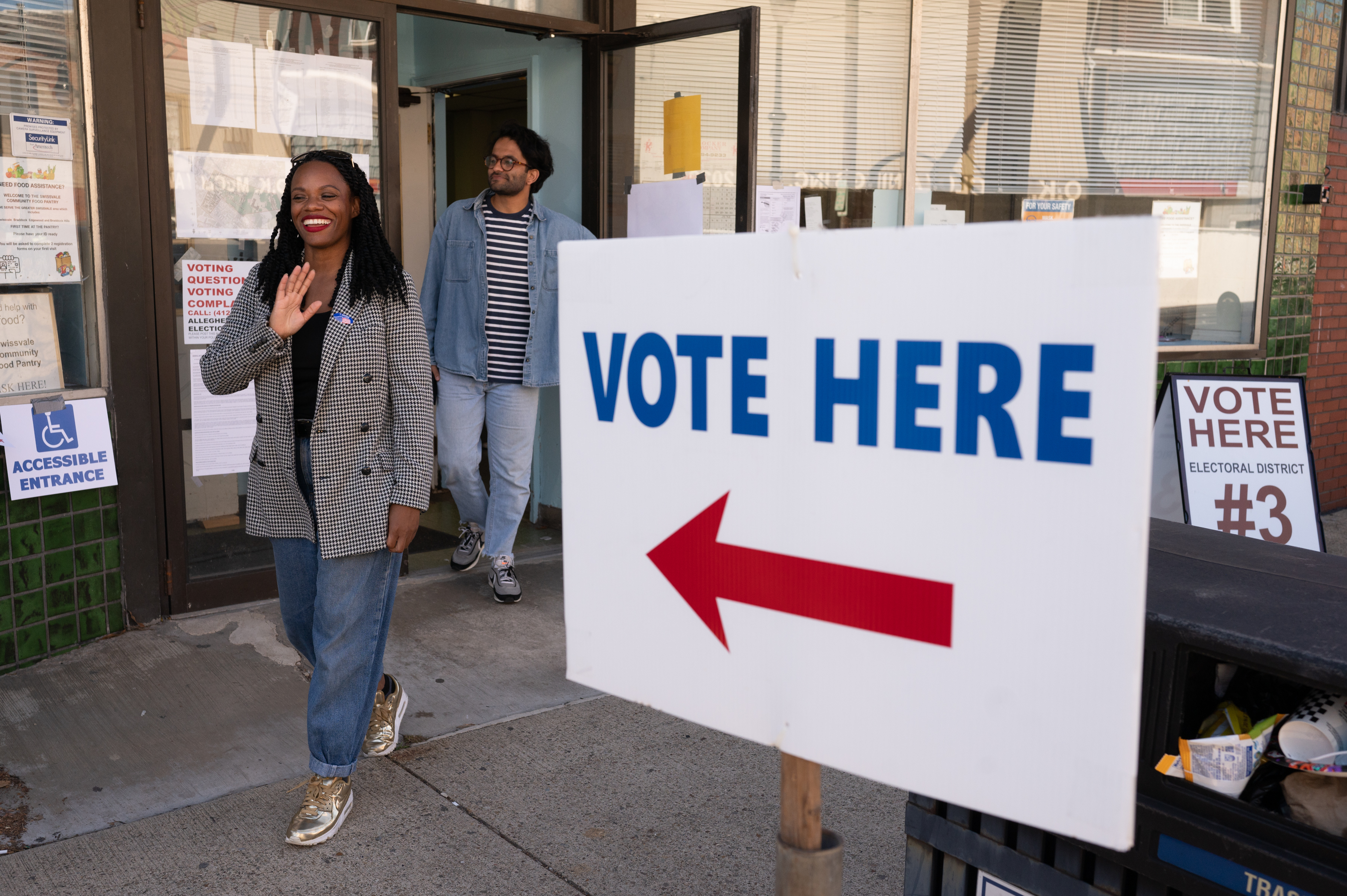The Garden State is now at the center of a language decision that could effect how local police deal with suspected drunk drivers.
Police in New Jersey must explain the state's implied consent law to motorists in a language that they understand, the state Supreme Court ruled on Monday.
In a 4-3 decision, the court overturned a conviction for refusing to take an alcohol breath test because the man, who spoke only Spanish, did not understand the consequences.
The court found that a Plainfield police officer failed to inform German Marquez, who is from El Salvador, in Spanish that he would automatically lose his driver's license for seven months if he refused the test.
Police had responded to a two-car accident in 2007. The officer initially asked in English for Marquez to show his license. When the officer repeated the request in Spanish, Marquez complied.
After reading Marquez a statement in English explaining the consequences of refusing the breath test, Marquez shook his head and pointed to his eye, which the officer considered uncooperative. As a result, he was charged with driving while intoxicated and refusing to take a breath test.
Marquez said he didn't understand what police were reading to him and that he had taken his driver's license exam in Spanish. He later testified through an interpreter that he had taken two Percocet tablets for pain associated with an eye injury, and that the painkiller made him sleepy and dizzy.
Local
Breaking news and the stories that matter to your neighborhood.
“He was read his rights in a meaningless way,” said Marquez's attorney, Michael Blacker, who believes the ruling by the New Jersey court is among the first to require that police give informed consent in a foreign language.
“Other states have not gotten this far,” Blacker said. “This is the first case where the court has said translation is the remedy.”
Prosecutors strongly disagree with the legal rationale of the majority opinion, Peter Aseltine, a spokesman for the Attorney General's office, said.
“There are over 150 different languages spoken in New Jersey, according to statistics gathered by the courts,” Aseltine said. “This ruling effectively provides an immunity claim in a prosecution for violating the refusal statute for any drunk driver who speaks a language that the officer is unable to identify or translate.”
Since April, the Attorney General's Office has instituted an initiative to post the standard statements -- in both audio and written formats -- in nine foreign languages on a website for law enforcement officials to access. The Motor Vehicle Commission, which also offers the written driver test in the same languages, is responsible for determining what to do about the small percentage of motorists who speak other languages.
Those nine foreign languages make up more than 90 percent of the translated court cases in recent years, according to court statistics.
Prosecutors argued that all drivers give implied consent to take breath tests when they get their license, and that even though Marquez took his license in Spanish, he was informed of the consent laws at that time.
Blacker argued that despite that, English drivers are again informed of the consequences of refusing the test, and therefore, other language speakers are also afforded that right.
In their dissenting opinion, Justices Jaynee LaVecchia, joined by Justices Roberto A. Rivera-Soto and Helen E. Hoens, wrote that police need only make reasonable efforts to inform motorists of the consequences.
They said there is not a requirement that a motorist understand the consent law, especially given that the driver may be intoxicated.
However, even the dissenting justices found that Marquez's refusal conviction should be overturned since the officer initially communicated with Marquez in Spanish but made no additional efforts to talk to him in a language they knew he understood.
Marquez's conviction for the driving while intoxicated charge was upheld.



